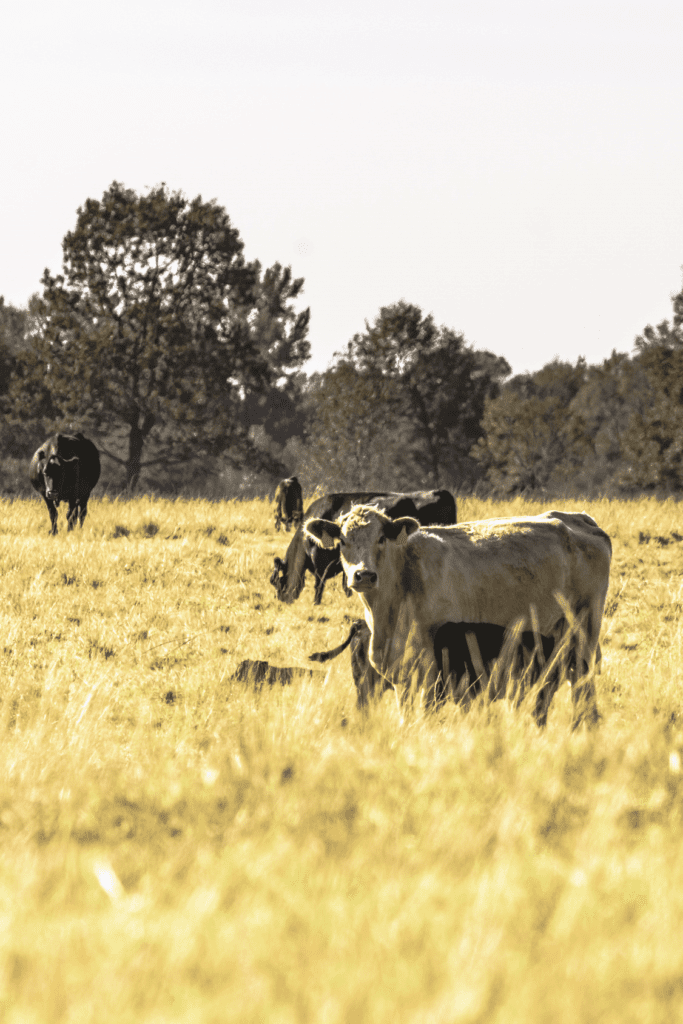Preserving Our Way of Life
With more than 1,000 people moving to Florida every day, we must continue to prioritize the preservation of our agricultural lands and world-renowned natural spaces.
Thanks to the hard work and advocacy of Florida’s cattlemen, the Florida Legislature has provided $10 million for our department’s Rural and Family Lands Preservation program to do just that. Through the Rural and Family Lands Protection Program, we’re partnering with farmers and ranchers to preserve these invaluable pieces of our rural economy and environment for future generations in a cost-effective way.
For centuries, Florida’s cattlemen have served as conservationists and great stewards of our natural resources. Florida’s ranches not only provide world class agricultural products, but they protect environmentally sensitive lands, which are critical to wildlife habitat and water recharge, from development. In recognition of these contributions, our department is proud to partner with our state’s ranchers and farmers to protect important agricultural lands, and their immeasurable environmental benefits, for generations to come.
Florida’s agricultural lands provide the food and fiber our state and the world depend on and are among our state’s most valuable resources. Beyond the 300 agricultural commodities, livelihood, and rich culture these lands provide, they support more than 2 million jobs and billions of dollars in state and local taxes every year that fund education, first responders, and much more.
Originally created in 2001, the department’s Rural and Family Lands Protection Program has collaborated with the agriculture community and successfully acquired the development rights to more than 36,000 acres of active agricultural land. And we have no intention of slowing down.
Florida’s population is projected to grow to more than 33 million residents by 2070. With this explosive population growth, the pressure to convert farmland to residential and commercial use will continue to increase. The importance of preserving farmland cannot be overstated and should continue to be a priority for our state.

